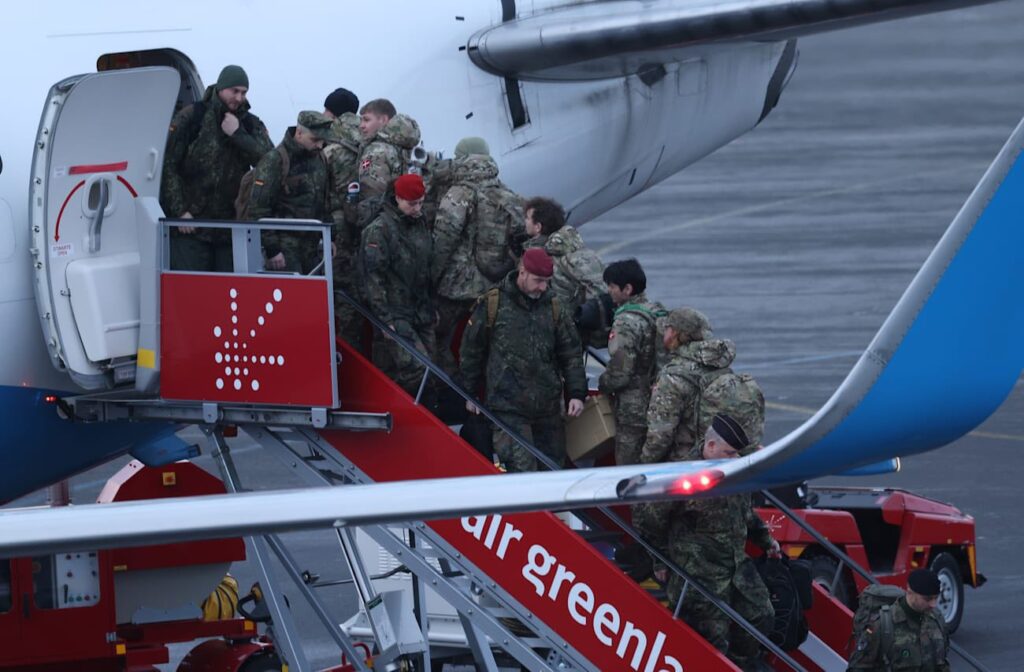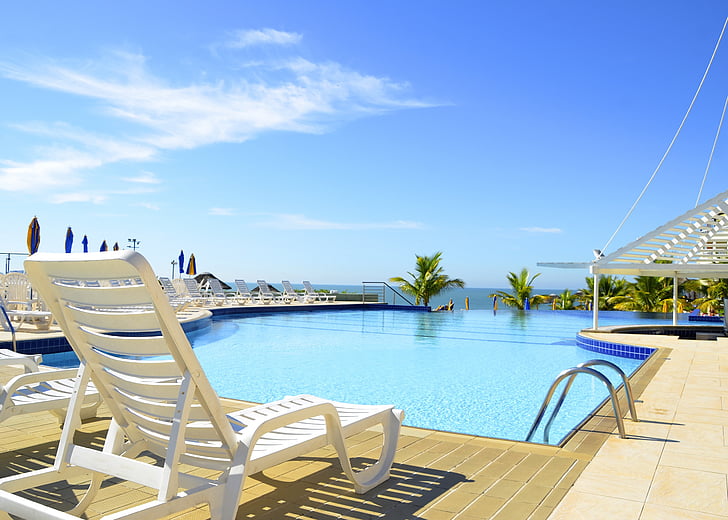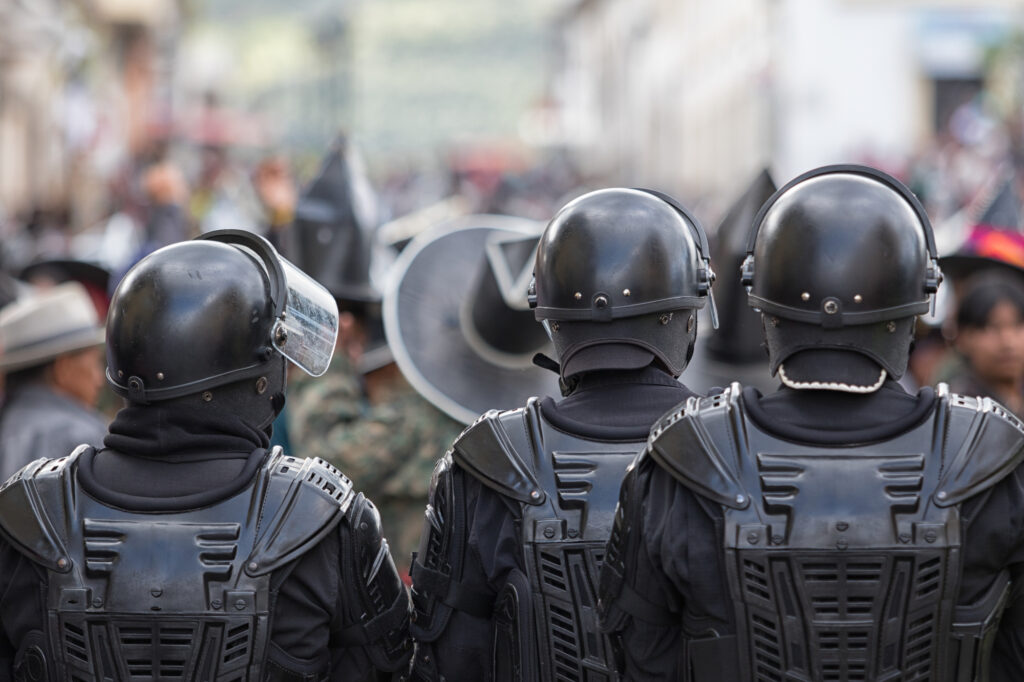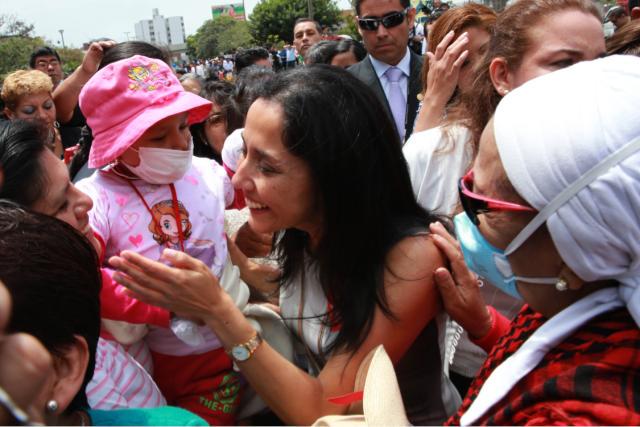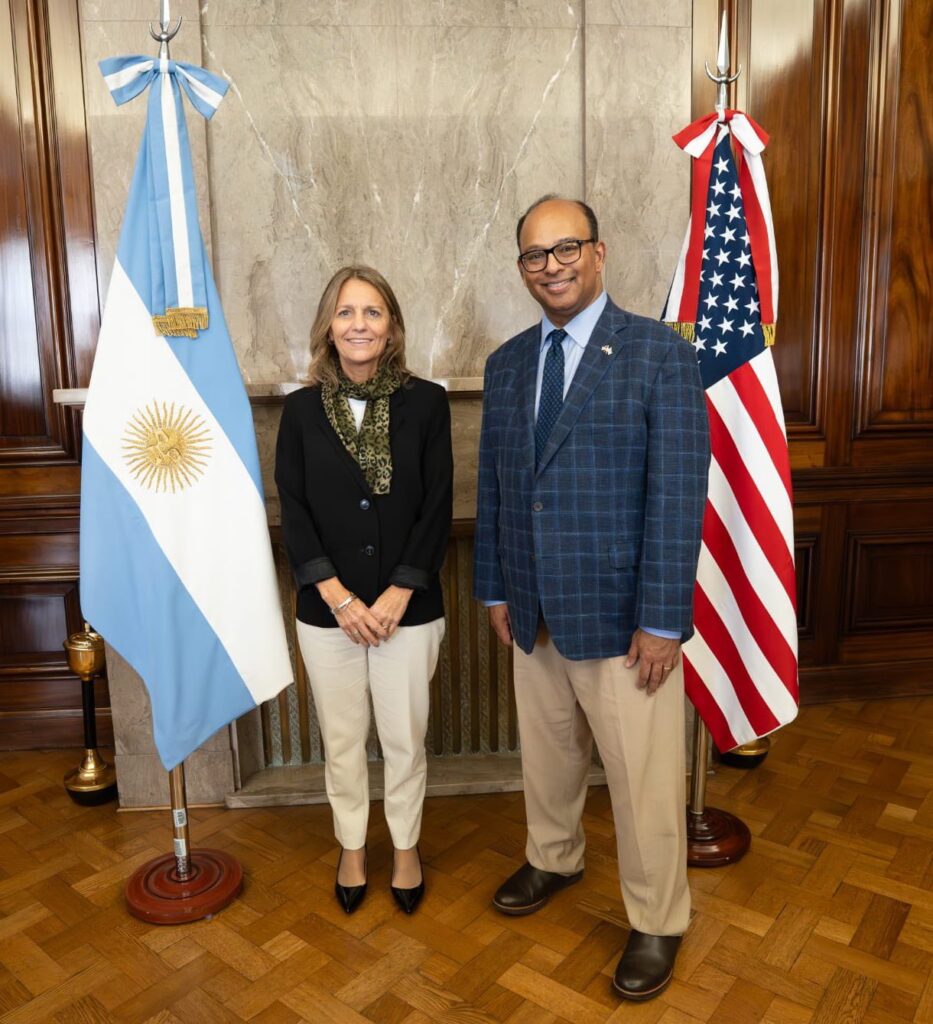El Salvador’s Journalists’ Association (APES) says it is concerned by deteriorating human rights and press freedom in the country.
APES issued a statement on Saturday, June 14, expressing “deep concern” about the “growing deterioration of respect for human rights in the country,” specifically pointing to press freedom.
The group claimed that around 40 journalists have been forced out of El Salvador as a result of “multiple cases of harassment, intimidation, and arbitrary restrictions against journalists and media outlets.” APES emphasized that this figure does not include other individuals who have criticized President Nayib Bukele’s government.
APES stated that the displacement of these journalists is indicative of “an attack on freedom of expression.” The association explained that the reporters in question belong to several different media outlets, and have produced work on a range of subjects affecting El Salvador, including human rights abuse. Their forced departure from El Salvador, APES says, has created a “climate of heightened fear.”
The association also claimed that there are “strong indications” that Bukele’s government is keeping targeted lists for the surveillance, intimidation, and arrests of human rights defenders and journalists. APES claimed that the government has failed to guarantee that the Salvadoran press is not being criminalized.
The statement concluded by “[urging] the international community, human rights organizations, and press freedom defenders to remain vigilant and in solidarity in the face of this situation.”
The statement comes after El Salvador’s Legislative Assembly approved a Foreign Agents Law at the end of May, which requires that people and organizations in receipt of funding from abroad register themselves as “foreign agents”. It also prohibits these “foreign agents” from participating in “activities with political or other purposes” that have the “objective” of “affecting the public order” or “threatening the political stability of the country.”
The law was heavily criticized by Human Rights Watch (HRW), who said that it “provides the government expansive authority to control, stigmatize, and sanction human rights groups and independent media outlets that receive international support.” HRW claimed that the law seeks to “[silence] those who expose corruption, human rights violations, and secretive negotiations with gang leaders by the Bukele government.”
Read more: El Faro journalists in El Salvador say they face arrest
In 2025, Reporters Without Borders (RSF) ranked El Salvador 135 out of 180 countries for press freedom, dropping two places from 2024.
RSF reports that, since taking office in 2019, Bukele “has attacked and threatened journalists” who have criticized his leadership. The NGO says that Salvadoran media organizations face “severe restrictions on access to information,” are subject to surveillance, and are forced to censor themselves.
Some journalists in El Salvador have reportedly been victims of Pegasus spyware, which is designed to collect personal data such as text messages, emails, call logs, and may be able to access devices’ cameras and microphones.
RSF also claims that the anti-press rhetoric present in El Salvador has resulted in journalists being subject to attacks on social media, including threats against their physical safety. The charity has accused “senior officials” of conducting attacks against journalists and leading “smear campaigns” against them. The majority of victims have reportedly been women.



